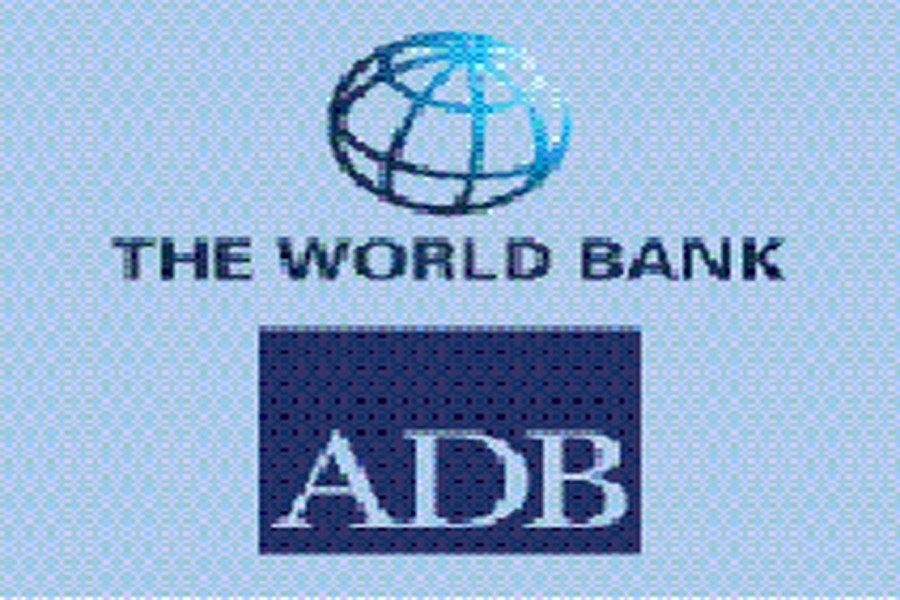The World Bank (WB) and the Asian Development (ADB) are likely to provide grants for Rohingya rehabilitation as they have given second-thought to their lending decisions, officials said Saturday.
Officials at the Economic Relations Division (ERD) said that a World Bank mission has started working with the government agencies on the issue after the government's request of grant instead of its assured loans.
The development came after the Washington-based lender offered Bangladesh loans from its around US$ 2.0 billion worth 'Refugee Fund'.
The ADB has also assured the government of coming up with its support for Myanmar's Rohingya people, who took shelter in Bangladesh's Cox's Bazar district, fleeing the military crackdown in Rakhine.
The government was reluctant to welcome the credit rather it requested the global lender to provide grants for the rehabilitation of the Rohingya, dubbed by the United Nations the world's "most persecuted people".
The ADB is also following the stance of the World Bank, said an ERD official.
"We've recently informed both the development partners that Bangladesh will welcome grants instead of loans," said the official. "Now the WB has sent a mission after getting to know our stance. Following another request, the ADB has also informed the government that it is also interested to join the WB in the rehabilitation work."
When contacted, ERD secretary Kazi Shofiqul Azam said that they had earlier informed the WB about the government's stance on funds for Rohingya and recently drove home the same message to the Manila-based multilateral lender.
"I will get details from the World Bank's visiting mission as there will be a meeting with the team tomorrow (Monday)," he told the FE.
The World Bank's concessional window, the International Development Association (IDA), has created a fund called the 'Refugee Fund', which will support refugees across the world.
A total of $2.0 billion is allocated to the fund. Any country in need of the assistance can apply for a maximum of $400 million in loans over a three-year term.
The ERD official said the World Bank mission had been meeting different relevant ministries including the health, education, food and disaster from the last week to get to know the Bangladesh's requirements and present state of the Rohingya.
After completing their meetings with the ministries, the team will meet the ERD secretary before wrapping up its current mission, he said.
The ERD official said the ADB was also expected to send a mission soon to work out the necessity of financial support and the modalities of the possible assistance.
The influx of the Rohingya to Bangladesh has affected its economy severely as the impoverished Cox's Bazar region has to house more than 1.0 million Burmese refugees, according to people familiar with the situation.
The host communities near and around the refugee camps were the worst affected. The Rohingya took shelter in the southern upazilas of Cox's Bazar, where extreme poverty rates exceed 40 per cent against the national average of nearly 13 per cent; and many more locals were vulnerable to changes in prices and wages.
They said market studies were underway to monitor changes in the price of key food stuffs and wage rates, but evidence suggest that the influx led to increases in some commodity prices, as well as distortion in the labour market as Rohingyas seek work wages below the existing rate.
The tourism in the world's longest sea-beach at Cox's Bazar has also been affected due to the influx of the Rohingya people.
[email protected]

- Friday, 15 November 2024 |
- Today's FE |
- e-Paper |
- Beta Website

